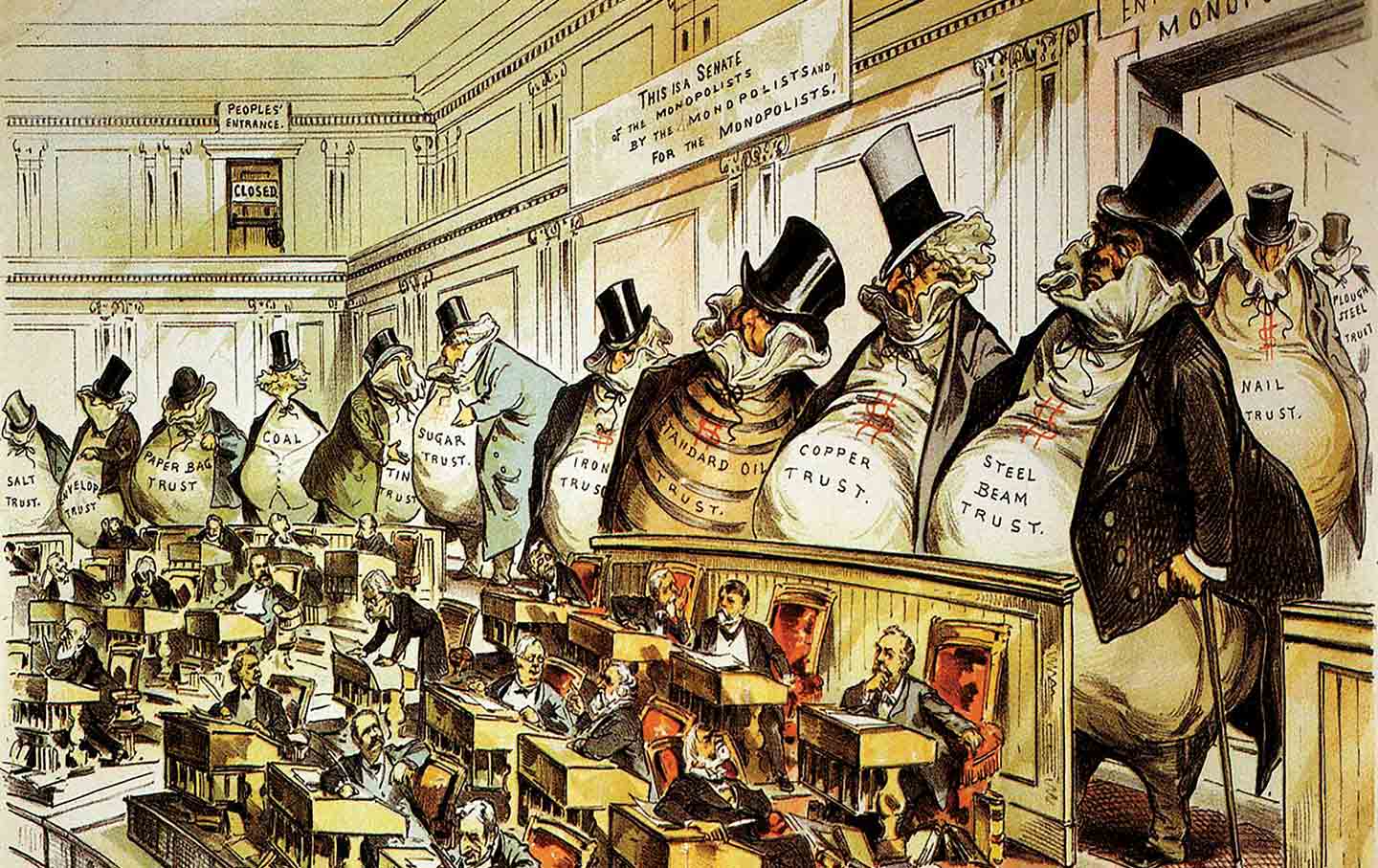Gambling Tax South Africa 2019
As of March 2019, South Africa's stock exchange was the 16th largest in the world and the largest in Africa by market capitalisation. Its currency is the rand (ZAR). South Africa has 11 official languages, including English, and three capitals: Pretoria (administrative), Bloemfontein (judicial), and Cape Town (legislative). How to file your income tax return in South Africa. Residents who pay taxes in South Africa have to fill in an annual tax return form and submit it to SARS. The South African tax year runs from 1 March to 28/29 February. The tax season, when people submit their tax return forms, is from July to November.
✔ 2019 Tax Rates, Thresholds and Allowance for Individuals, Companies, Trusts and Small Business Corporations (SBC) in South Africa
You are viewing the income tax rates, thresholds and allowances for the 2019 Tax Year in South Africa. If you are looking for an alternative tax year, please select one below.
The following tax rates, thresholds and allowances are valid for the 2018 - 2019 Tax Year in South Africa which is known as the 2019 Tax Year. The Tax Year runs from 1 March 2018 - 28 February 2019
Rates for Individuals
| Taxable Income (R) | Percentage rate of tax due within the threshold |
|---|---|
| R0.00 - R195,850.00 | 18% of income within the threshold |
| R195,850.00 - R305,850.00 | 26% of income within the threshold + R35,253.00 |
| R305,850.00 - R423,300.00 | 31% of income within the threshold + R63,853.00 |
| R423,300.00 - R555,600.00 | 36% of income within the threshold + R100,263.00 |
| R555,600.00 - R708,310.00 | 39% of income within the threshold + R147,891.00 |
| R708,310.00 - R1,500,000.00 | 41% of income within the threshold + R207,448.00 |
| R78,150.00 | Tax Free Threshold Under 65 |
| R121,000.00 | Tax Free Threshold Over 65 |
| R135,300.00 | Tax Free Threshold Over 75 |
| R14,067.00 | Tax Rebate Under 65 |
| R7,713.00 | Tax Rebate Over 65 |
| R2,574.00 | Tax Rebate Over 75 |
Medical Tax Credit Rates
Please note that the Medical Tax Credit is a non-refundable tax credit and cannot be carried over to the next tax year. The MTC is a fixed monthly amount that increases in line with the number of dependants you claim for. Note that the figures below show the annual Medical Tax Credit amounts
| R3,720.00 | Medical Tax Credit for the taxpayer who paid the medical scheme contributions |
| R3,720.00 | Medical Tax Credit for the first dependant |
| R2,508.00 | Medical Tax Credit for each additional dependant(s) |
| 7.5% | Medical Tax, percentage of deductible earning |
Companies, Trusts and Small Business Corporations (SBC)
| % | Company with financial years ending 1 April 2018 - 31 March 2019 |
| % | Personal service provider companies |
| % | Foreign resident companies which earn income from a source in South Africa |
| % | Trusts (other than special trusts) assessment year ending 1 March 2018 - 31 Febuary 2019 |
| Taxable Income (R) | Percentage rate of tax due within the threshold |
|---|---|
| R0.00 - R0.00 | % of income within the threshold |
| R0.00 - R0.00 | % of income within the threshold + R0.00 |
| R0.00 - R0.00 | % of income within the threshold + R0.00 |
| R0.00 - R0.00 | % of income within the threshold + R0.00 |
Medical Tax Credit Rates
Please note that the Medical Tax Credit is a non-refundable tax credit and cannot be carried over to the next tax year. The MTC is a fixed monthly amount that increases in line with the number of dependants you claim for. Note that the figures below show the annual Medical Tax Credit amounts
| R3,720.00 | Medical Tax Credit for the taxpayer who paid the medical scheme contributions |
| R3,720.00 | Medical Tax Credit for the first dependant |
| R2,508.00 | Medical Tax Credit for each additional dependant(s) |
| 7.5% | Medical Tax, percentage of deductible earning |
Interest and Dividends
| R0.00 | Interest Exemptions threshoold for an individual younger than 65 |
| R0.00 | Interest Exemptions threshoold for an individual 65 and older |
| % | Final Withholding tax charged on interest from a South African source payable to non-residents |
| R0.00 | Dividends Tax |
| R0.00 | Foreign Dividends |
| R0.00 | Foreign Dividends received by individuals from foreign companies (shareholding of less than 10% in the foreign company) |

Capital Gains Tax (CGT)
| % | Capital Gains Tax for Individuals and Special Trusts |
| % | Capital Gains Tax for Companies |
| % | Capital Gains Tax for Other Trusts |
Retirement Lump Sum Benefits
| 27.5% | Pension Contributions: Maximum Income contribution |
| R350,000.00 | Pension Contributions: Maximum Annual contribution |
Withdrawal Benefit

| Taxable Income (R) | Percentage rate of tax due within the threshold |
|---|---|
| R0.00 - R0.00 | % of income within the threshold |
| R0.00 - R0.00 | % of income within the threshold + R0.00 |
| R0.00 - R0.00 | % of income within the threshold + R0.00 |
| R0.00 - R0.00 | % of income within the threshold + R0.00 |
Retirement & Death Benefits or Severance Benefits
| Taxable Income (R) | Percentage rate of tax due within the threshold |
|---|---|
| R0.00 - R0.00 | % of income within the threshold |
| R0.00 - R0.00 | % of income within the threshold + R0.00 |
| R0.00 - R0.00 | % of income within the threshold + R0.00 |
| R0.00 - R0.00 | % of income within the threshold + R0.00 |
Income Tax Tables are used to calculated individual salaries, apply tax deductions and tax credits to produce a net take home pay (your income after deductions). Below is an example salary after tax deductions based on the 2018 - 2019 tax tables.

R211,700.00 Salary Income Tax Calculation and Salary Example
| Yearly | %1 | Salary/Tax Component |
|---|---|---|
| R211,700.00 | 100.00% | Employment Income |
| R211,700.00 | 100.00% | Gross Income |
| R58,217.50 | 27.50% | Retirement Funds |
| R211,700.00 | 100.00% | Taxable Income |
| R14,067.00 | 6.64% | Tax Rebate |
| R25,307.00 | 11.95% | Income Tax Due |
| R25,307.00 | 11.95% | Total Deductions |
| R186,393.00 | 88.05% | Net Pay |
| R2,117.00 | 1.00% | Employer Contribution to Risk Benefits |
| R3,175.50 | 1.50% | Employer Contribution to Retirement Funds |
| R216,992.50 | 102.50% | Salary Package [Cost of Employee] |
1 Percentage expressed in relation to Gross Income [R211,700.00].
If you have not encountered tax table information before or if you are unsure of how tax tables affect your income we recommend you read our guide: What are Tax Tables? Tax Tables explained.
The title says it all, but we’ll say it again, should a punter pay tax on his / her gambling winnings in South Africa? Well you’ve come to the right place to have that question answered. This is our guide to Gambling Tax South Africa
Before we get started we’d like to say we are not tax lawyers or accountants so please do your own research if you are making enough money that you think you should be paying tax. This post is meant as a guide for those who think they should and would like to do the right thing.
Gambling Tax in South Africa
Lottery winnings
Lottery wins are not included in an individuals taxable income and are generally exempt from taxes. You would need to declare the winnings to Sars however. They won’t tax it but they’d like to know about it!
Gambling winnings

We’re sure this is the reason why you are here. Gambling winnings and tax can get a bit murky and complicated so we’ll try keep it simple. We’re going to group winners into two different camps, the first being Joe Public who bets / goes to the casino every so often as a hobby and John Sharp who is a professional gambler who spends all his time playing poker and sipping cocktails at Kenilworth racetrack and is paying Gambling Tax.

Joe Public has a job and only gambles for fun and to try make some extra money. Joe is basically the majority of the gambling / betting population. He’ll have a few wins and lots of losses and won’t make enough to get SARS interested in taxing him. Now there are circumstances where Joe might have won R300000 on a pick 6 / blackjack and he is worried that the taxman will come chasing him for some Gambling Tax.
Fear not Joe, you are safe. SARS treats Joe Public’s winnings like it treats Lottery winners winnings as “It’s not a scheme of profit making”. Which means Joe Public will not have to pay tax but he should declare the winnings to SARS. Now if Joe keeps winning and decides that he can make money out it then he becomes John Sharp.
John Sharp is only in the business to make money off the casinos, bookies and dice rollers in his local alley. Because his business (well personal business) is to make money this makes him a Professional in the eyes of the Taxman, so what does this mean for John and the R200000 he won at Kenilworth thanks to a tip from his uncle? Well it mean’s he is going to have to declare those winnings making them subject to normal tax, on the bright side he can also claim losses on his tax which does make things a bit fairer.
Full time gamblers pay tax
For those of you who are full time punters / gamblers and are making a profit you should be declaring this to SARS and you will be taxed accordingly. These scale on what your income tax scales so you’ll need to refer to the SARS website for more details on what exactly one would need to pay if they profited R10000 or R1000000 in one month. You’d obviously pay more the more you profit.
We hoped this article was helpful and if you’d like more detailed information then we’d suggest giving your account a shout and he’d be able to explain things in more detail. Otherwise best of luck Joe and John, I hope you guys walk out with a healthy profit.
For more information please see the SARS website.